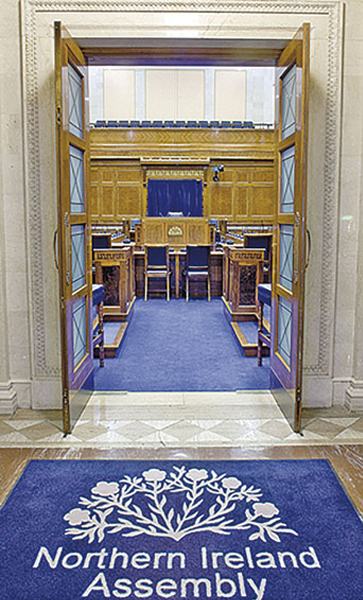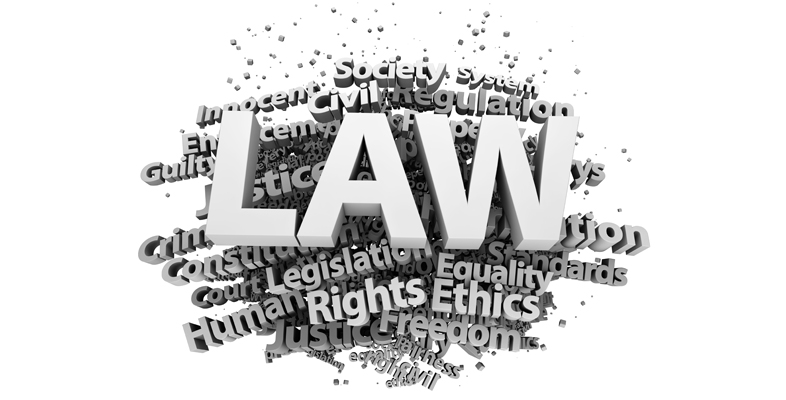2.2 Northern Ireland
The devolution of Northern Ireland is characterised by an intense ‘back and forth’ approach. Northern Ireland was split from the Republic of Ireland in 1920. Between 1921 and 1972, the devolved legislature for Northern Ireland was the Parliament of Northern Ireland, which was suspended in 1972 and abolished in 1973 by the Northern Ireland Constitution Act. The Northern Ireland Act 1974 made Parliament the only legislature for Northern Ireland. Political tensions and unrest eventually led to the Good Friday Agreement of 1998. A functioning Northern Ireland Assembly was created in 1999; however, the devolved powers have been suspended on a number of occasions since the Assembly was established.
The relationship between the UK and Northern Ireland, as well as between Ireland and Northern Ireland, is a sensitive one. Devolution in Northern Ireland was a mechanism to allow the political and legal circumstances to settle. It was designed to encourage compromise and power-sharing, and to end political unrest.
Northern Ireland has an assembly consisting of 90 members (known as Members of the Legislative Assembly – MLA). It is elected every five years. The Northern Ireland Executive is formed by the first minister and deputy minister accompanied by a maximum of ten ministerial offices. The Northern Ireland Assembly does not have powers comparable to those of the Scottish Parliament. However, it has the capacity to amend Acts of Parliament (UK) relating to the parts that concern Northern Ireland.

